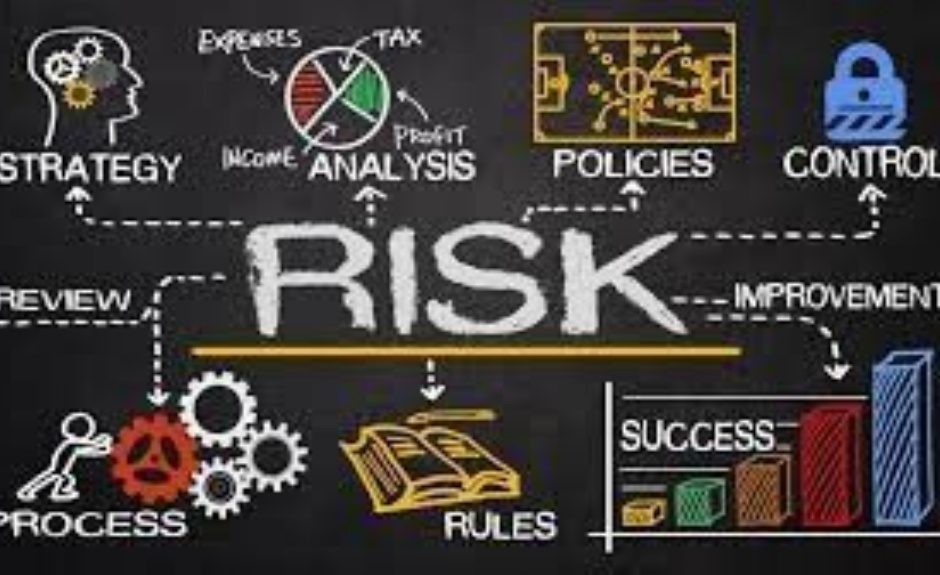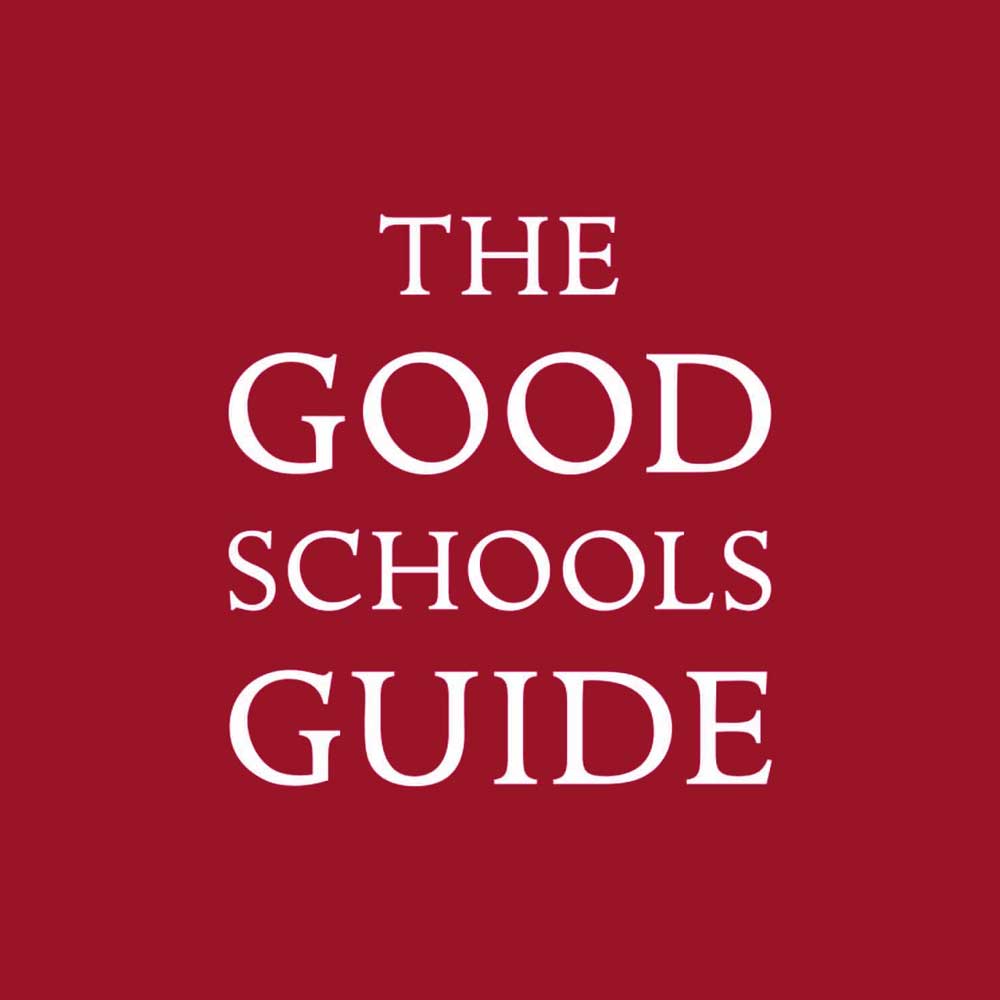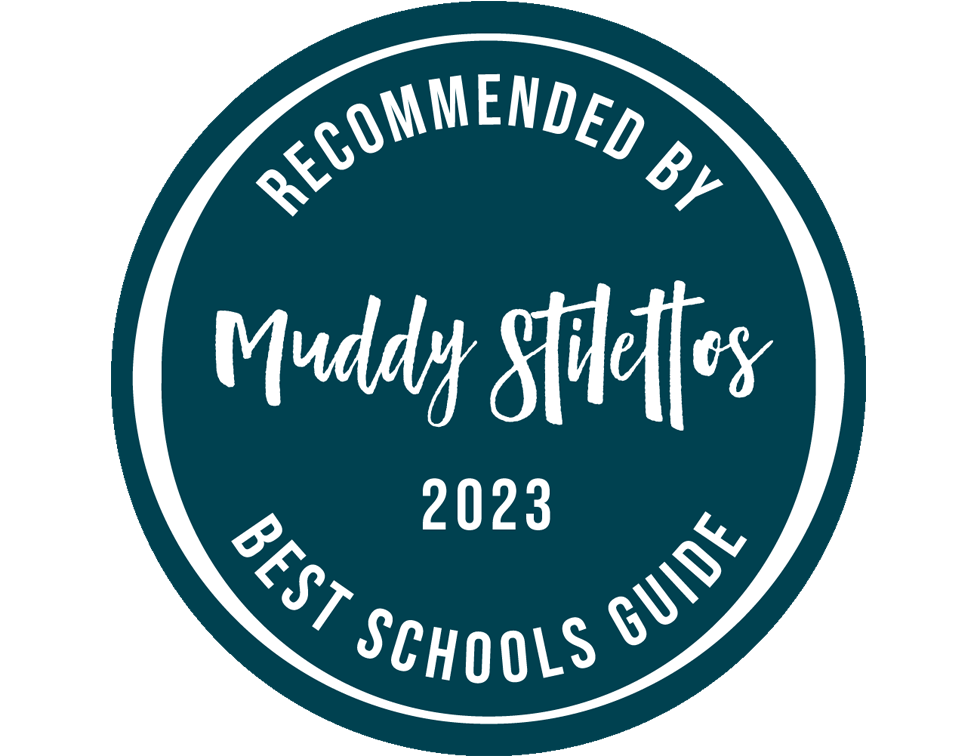Wellbeing Matters - Identifying and managing risk

The latest Wellbeing Matters from our Director of Wellbeing, Matt Shroff, focuses on identifying, managing and reducing risk to keep ourselves and others safe.
Since the first lockdown, I have been slowly plodding my way through the seasons of 'House'. I've completed about 80 episodes so far!
The series revolves around House, a brilliant, yet very unpleasant, diagnostic doctor working in a US hospital with difficult and unexplained cases. (By the way, played very well by Hugh Laurie, proving again my theory that good comedians make great dramatic actors).
House is a thoroughly unlikeable and horrid person, motivated by a burning desire to be right and solve the medical mystery, at the cost of those around him and his relationships. However, because he is so brilliant, others want to work with him despite his conduct, and he often saves the patient.
One ongoing theme is 'Does the ends justify the means?'. He breaks rules, endangers patients, takes high risks in order to save the patient, risking his own self at times. The programme basically reinforces the premise that yes, the end does justify the means, but there is a constant tension that it might not.
A theme across the school in YR to Y5 at the moment is 'Keeping ourselves safe'. Boys learn to identify risks and then ways to minimise or eliminate the risk. It's interesting to teach boys that some risk is important in life, especially as we grow and change. Managing risk is a real life-skill, something we need to be able to do to keep ourselves and others safe.
House will always do what gets his patient through to the diagnosis and treatment, by hook or by crook. However, his motivation is not for the wellbeing of the patient, but rather to 'win'. Usually the patient benefits. The contradiction is that selfish motivations can cause positive outcomes for others. An unlikely event in my personal experience, but it does.
There are plenty of risks for our children that have little benefit for them and certainly none for those around them. Not wearing a seat belt lacks rewards and has severe consequences.
But research shows that risk is an important feature of adolescence, as youngers look to move away from their parents and 'cut the apron strings'. Trying to deny risk to teenagers may feel like we're keeping them safe, but really we are stifling their independence and stalling their growth.
What we need to do is teach them to reduce risk and to manage it. There are plenty of examples where they can take risks but still remain safe, such as adventure sports, performing arts, starting new projects and activities, being more independent. Taking public transport by themselves for the first time feels like a risk to a young person, but clearly is not.
Let's not encourage our kids to be like House, but let's also not wrap them so tightly that we smother their natural instincts to grow and develop.
Matt Shroff
Director of Wellbeing








